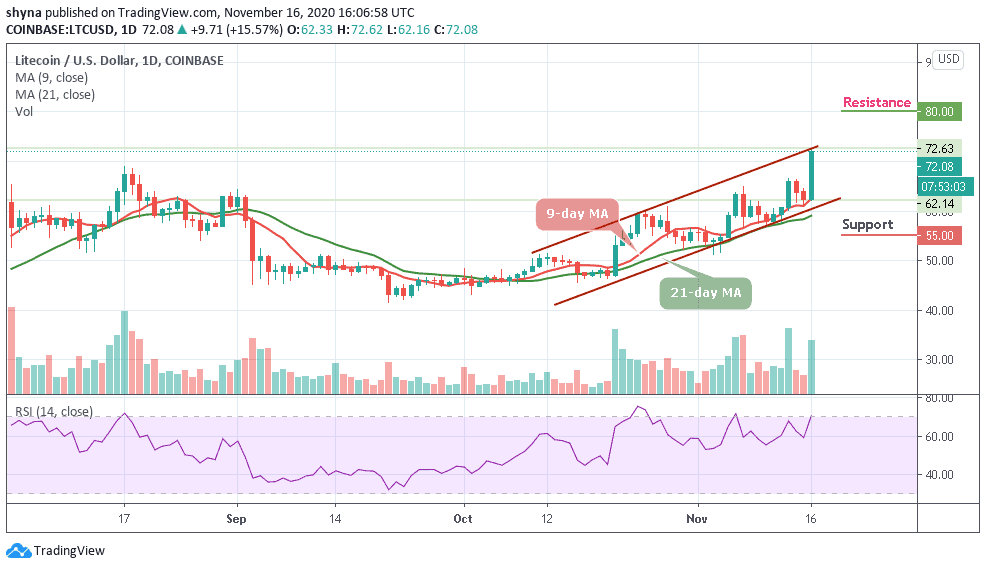Join Our Telegram channel to stay up to date on breaking news coverage
The United States Securities and Exchange Commission (SEC) has been a thorn in the crypto industry’s side, to say the least. Initially supposed to ensure financial development, the agency has been notorious for hamstringing cryptocurrencies and dragging its heels on regulatory clarity. However, things could change soon.
Ding Dong, Clayton is Gone
According to an official release, Jay Clayton, the SEC’s Chairman since 2017, will step down from his role at the end of the year. Clayton has been one of the agency’s longest-serving bosses, and he will be leaving a clear-cut reputation as he steps down from the role in the next few weeks.
“The U.S. capital markets ecosystem is the strongest and most nimble in the world, and thanks to the hard work of the diverse and inclusive SEC team, we have improved investor protections, promoted capital formation for small and larger businesses, and enabled our markets to function more transparently and efficiently,” Clayton said in his speech.
While he would love to tout his achievements, the crypto industry won’t remember the Clayton-led SEC quite so fondly.
Under Clayton’s leadership, the SEC grew to become the Boogeyman for the crypto industry. Companies were scared to list tokens or conduct Initial Coin Offerings (ICO) for fear that the agency would clamp down on them. And clamp, it did.
Examining Clayton’s Record
During Clayton’s tenure, the SEC took over $14 billion in monetary remedies. A record $4.68 billion of that came in 2020 alone. Of that haul, $1.26 billion came from supposedly unregistered ICOs.
There is also the problem of crypto-based financial products, which the SEC failed to acknowledge. Since 2018, no less than five firms filed for Bitcoin-denominated exchange-traded funds (ETFs). The SEC denied them all, noting in most cases that they failed to guarantee an acceptable level of investor protection.
Despite multiple tweaks and acquiesces, the agency remained dogged in its belief that the firms’ Bitcoin-based products weren’t safe enough. Eventually, most of the companies either stopped re-applying or withdrew their applications in disgust and frustration.
It’s also worth noting that the SEC did little to promote crypto regulation in the United States. Clayton became SEC Chairman at the time Bitcoin grew to become mainstream. Despite hopes and pleadings from top industry players to develop a reliable regulatory regime, the agency continued to drag its heels.
Save for the occasional ICO crackdown, the SEC was mum on the prospect of crypto regulation. One year passed, then another, and the agency didn’t budge.
Many have called out the SEC for its “regulation through enforcement” stance. Speaking last month, Chris Larsen, a co-founder at blockchain firm Ripple Labs, hammered the agency’s mode of operation, explaining that it would hurt technological and financial innovation in the long run. Ripple Labs itself is now reportedly considering exiting the U.S. on the same grounds of an unfavorable regulatory environment.
For many, Clayton’s exit will be good news. It’s unclear who his successor will be, but this could mark a time for change – and, hopefully, a positive one.
Join Our Telegram channel to stay up to date on breaking news coverage


